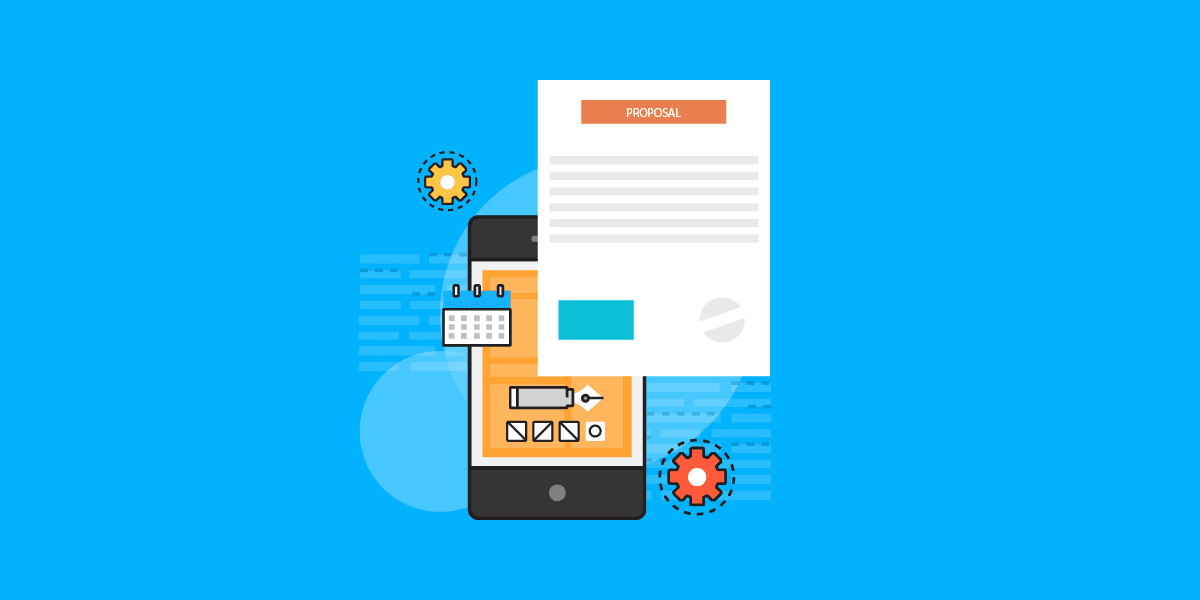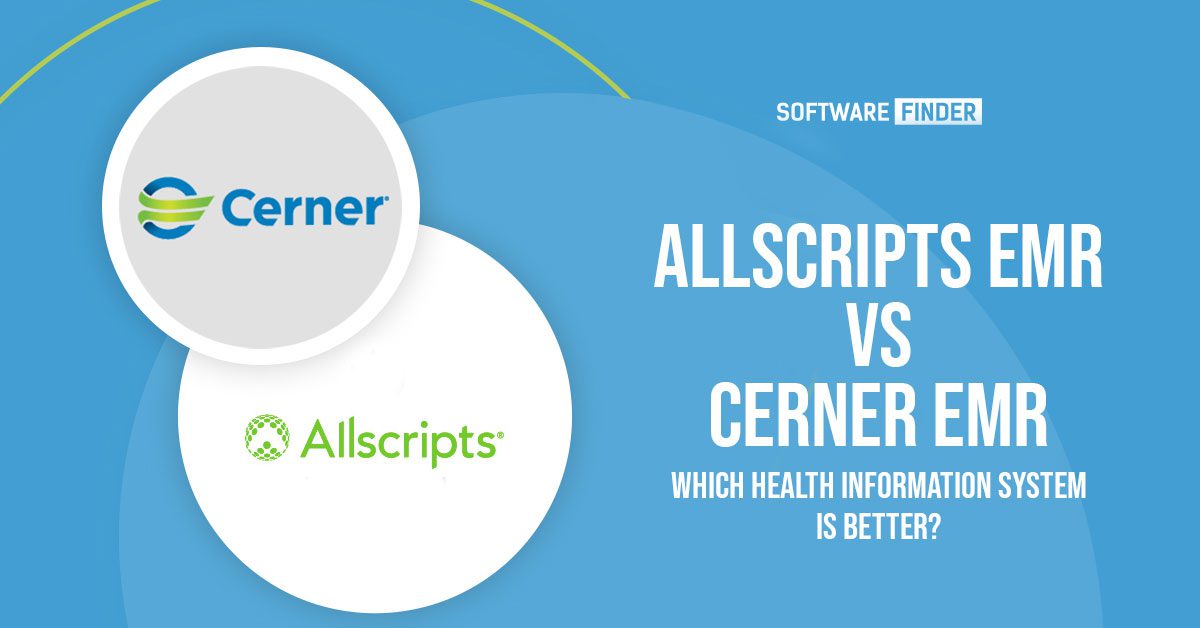Request for a mobile app proposal plays a significant role while beginning a mobile app development project. Businesses write mobile app RFP when they have requirements for mobile app development.
Mobile app RFP helps businesses engage with top-notch mobile app development services providers and mitigate the waiting time. So they can complete the project as quickly as possible without compromising on the quality.
So What Actually Mobile App RFP Is?
A mobile app RFP is a document used by businesses and mobile app development companies. RFP helps to understand the purpose and strategy of the project.
Source: https://bit.ly/3tJFI18
A comprehensive mobile app RFP helps to get precise detail about a particular project. RFP is a point of reference for a business and app development company throughout the whole duration of the collaboration.
Generally, the summary of the RFP includes two different parts. The first one is filled out by a business (Client) with all the details of the mobile app they want to develop. The second one represents the app development company (Service provider) proposal for the specific mobile app. It helps better understand the project needs and simplifies communication for both parties.
Writing an accurate request for a mobile app proposal is an intimidating job. If you do not write precisely, it can lead to false information and wrong development partners. In this post, you will find some common mistakes individuals make while writing a mobile app RFP.
Mistakes People Make When Write a Mobile App RFP (So you can avoid it)
Avoiding these mistakes saves you a ton of time and money in the long race.
#1. Not Defining Full Project Scope
Determining the project scope is a cunning process because requirements are ever-changing. Therefore, analyze and decide on the following things.
Create product vision: Decide a vision that helps you to address your long-term goals. Provide details of your future goals to mobile app development companies. So they better understand exactly what functionalities and features you need.
Single/Multiple platforms: Decide whether the project you want to develop is only for the mobile, or you want it for the web, wearables, smart home accessories, smart TVs, car integration, etc. You also have to be sure the development partner you choose must have the expertise to develop an app for all the platforms.
Other services: Decide you want only development services or need UI/UX design, quality testing services, consultation services, technical delivery, etc.
Operating Systems: Decide which OS you want to support. iOS, Android, or hybrid. But it’s quite complicated to develop all at once because of the time, budget, and resource limits. Initially, try to focus on a single platform.
Necessary features: It is essential to limit the number of features on an initial basis. Try to focus on significant features only to take the mobile app to the market. Prioritize product features and include them in the RFP.
Backend system: Decide the backend system you want to develop. It is significant to define these details so that you get precise responses from the service providers.
#2. Not asking the basic questions
Before you start writing your RFP, contact a mobile app development service provider so they fully understand your app. By asking the right questions, you can filter out service providers that don’t have the required expertise for app development. Generally, a good RFP template consists of plenty of questions that help you to make the decision.
Try to discover what services the company offers, their working patterns, a philosophy they follow, what they have on a plate for long-term support, developers that will work on your app, etc. Do not forget to check out the company portfolio.
#3. Not defining estimated budget
You can filter out the list of service providers when you estimate your budget. So it is good to interact with the service provider before you write an RFP. It will help them to discover your budget at early stages. Revealing your estimated budget helps you get qualified responses.
#4. Failing to provide enough project detail
It is quite significant to provide every tiny detail about what you want to include in your project. Because those are the details through which service providers get to know about your requirements.
Writing a detailed request for a mobile app RFP helps you decide the time frame, budget, and required resources. Saving valuable time means delivering projects before or on the deadline.
Summing Up
A thorough analysis results in a well-written and convincing mobile app RFP. Before proceeding towards the development phase, you must define business and technical requirements, discuss all the opinions, dependencies, as well as boundaries to the selected mobile app development company.
Writing a brief with a tech partner, when you are new to the mobile market will help you in good ways. So you can avoid mistakes that might happen due to lack of expertise. Assess cost precisely and after all develop a worthy mobile app.












Discussion about this post